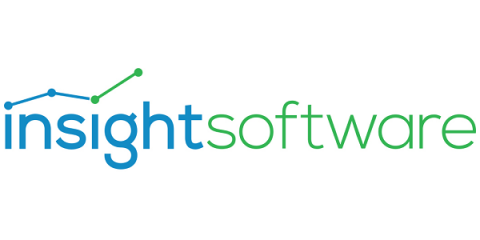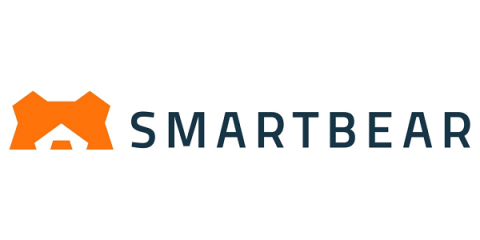What is RAG? Retrieval-Augmented Generation for AI
Retrieval-augmented generation (RAG) is an AI framework and powerful approach in NLP (Natural Language Processing) where generative AI models are enhanced with external knowledge sources and retrieval-based mechanisms. These appended pieces of outside knowledge provide the model with accurate, up-to-date information that supplements the LLM’s existing internal representation of information. As the name suggests, RAG models have a retrieval component and a generation component.











